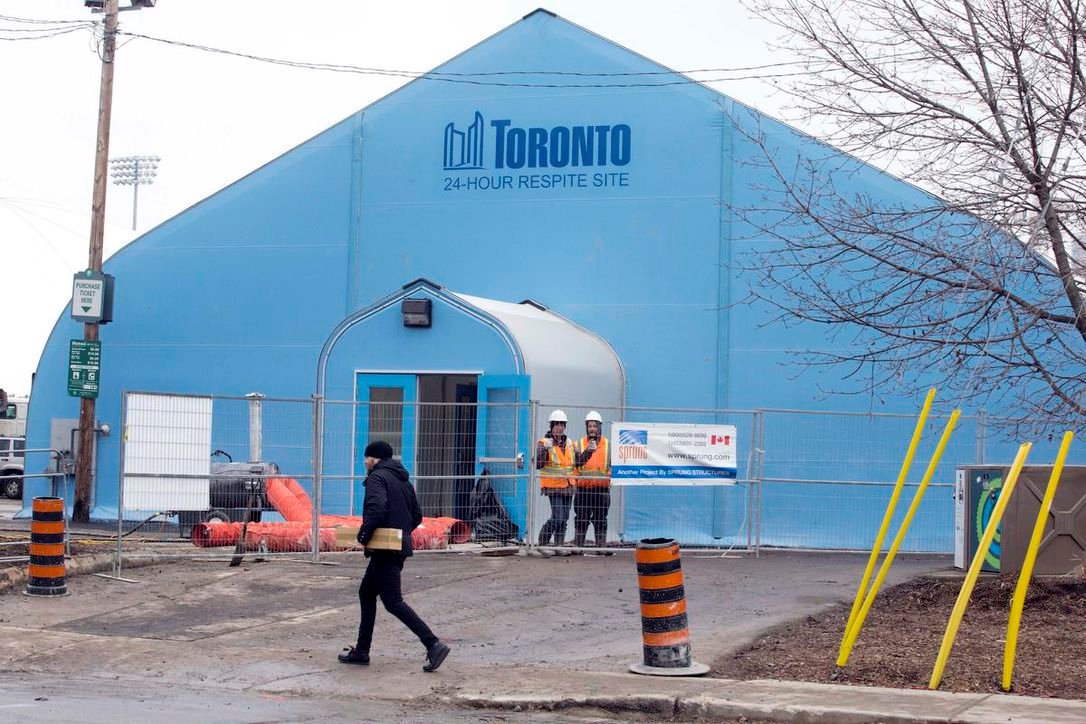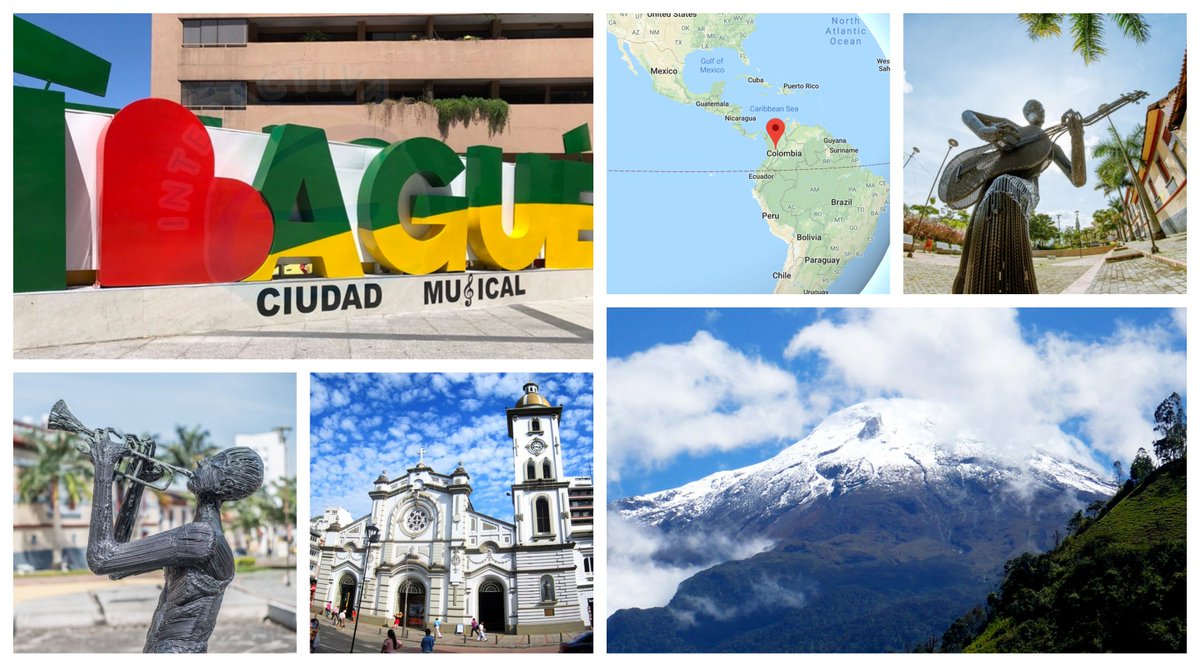Grants to support innovative housing programs in 11 communities
@drawandstrike @ThomasWictor @TheChiIIum @HNIJohnMiller @jihadaeon1 @rising_serpent @_ImperatorRex_ @Debradelai @LarrySchweikart
hud.gov/press/press_re…
WASHINGTON - To help end youth homelessness, the U.S. Department of Housing and Urban Development (HUD) is awarding $43 million to 11 local communities, including five rural areas, through its Youth Homelessness Demonstration Program (YHDP).
To ensure the Youth Homelessness Demonstration Program meets the needs of young people, HUD relied upon the recommendations of young people who experienced homelessness themselves.
YHDP recipients will use funding for rapid rehousing, permanent supportive housing, and transitional housing, and to fund innovative programs, such as host homes.
HUD is awarding grants to the following communities where local applicants expressed their own vision for ending youth homelessness:
The Regional Task Force on the Homeless and their members have demonstrated success addressing homelessness through specific initiatives targeting specific homeless subpopulations.
This Continuum of Care (CoC) has a strong history of coordinating stakeholders to create systemic change in the homeless service system resulting in cutting the chronically homeless population in half.
Boston seeks to transition from a city where multiple programs individually serve Youth and Young Adults (YYA) at-risk of and experiencing homelessness,
Given the significant system changes involved and the specific challenges associated with the rural nature of its region and desire to assure the participation and respect the sovereignty of three Tribes,
The mission of the Connected Youth Initiative (CYI) is to bring young people together with service providers, funders and decision-makers to create supportive communities committed to improving outcomes for youth ages 14-24 with foster care,
Many local communities and pueblos in New Mexico have demonstrated a philosophical, political, and financial commitment to confronting social inequities, particularly as they affect underserved populations and children.
The Youth Action Board (YAB) and Youth Committee vision is for all youth to have a safe place to call home. Successful achievement of this vision in this community means all youth will have immediate and easy access to...
The creation of the Key Action Plan represents a clear shift in Nashville and Davidson County, where the problem of youth homelessness is more broadly recognized and embraced beyond a small number of Youth and Young Adult (YYA) providers.
The Youth Homelessness Prevention Plan Committee (YHPPC) has engaged youth and youth providers in planning; conducted a youth baseline needs assessment;
Washington State has one of the strongest commitments to addressing youth homelessness in the nation. Ongoing strategic efforts include: preventing youth from exiting public systems of care (such as child welfare and juvenile justice)
The Snohomish County Human Services Department (HSD) will build on successful innovative practices that have transformed the Everett/Snohomish County Continuum of Care homeless response system,








